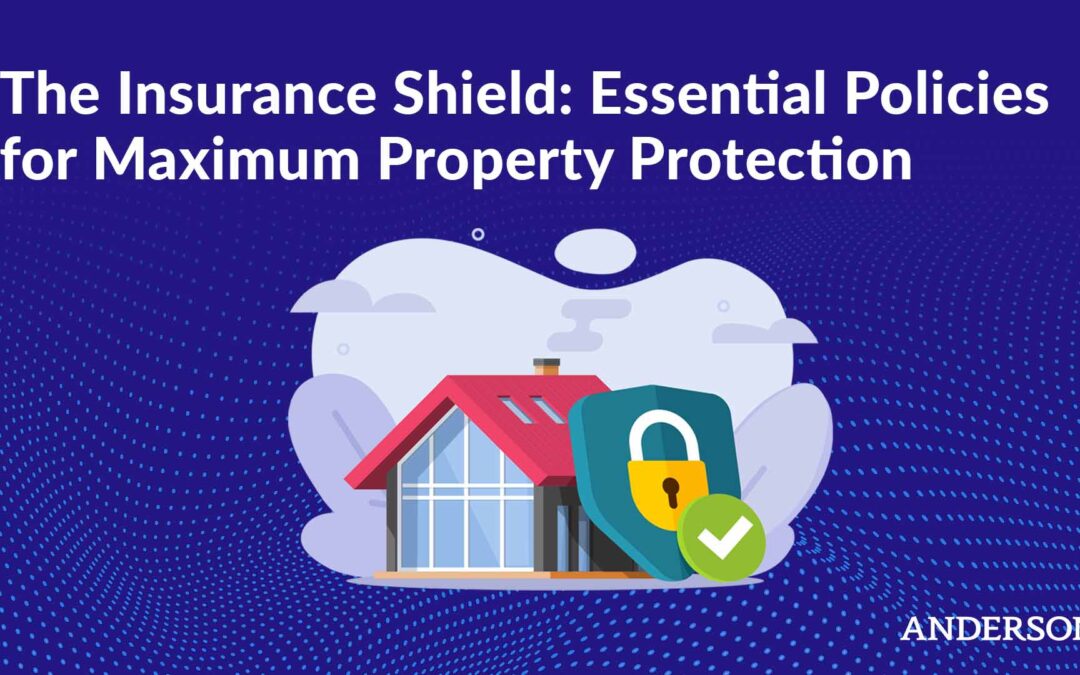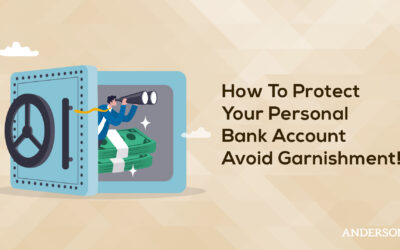
Approximately two-thirds of Americans with homeowner insurance policies are underinsured, according to the Insurance Information Institute. The average policyholder is underinsured by around 20 percent, but some are underinsured by as much as 60 percent. As premiums rise, the Wall Street Journal notes that around 12 percent of American homeowners have no home insurance at all. Failing to have adequate insurance coverage could compromise your ability to maintain your investment properties if the worst happens. While insurance alone isn’t enough to protect your assets, these are some of the insurance policies that can offer valuable property protection.
Key Takeaways
- Landlord insurance policies provide broad coverage that pays bills related to on-site injuries, natural disasters, and hazards.
- An umbrella insurance policy can increase your coverage once you’ve exceeded the limits of your regular landlord insurance policy.
- You need separate flood insurance to cover you for water damage from storms.
- Loss of income and rent guarantee insurance can help you maintain cash flow from your investment properties.
- Worker’s compensation, builder’s risk, and general contractor insurance policies can protect you during construction, maintenance, and repairs.
- Asking tenants if they have pet coverage can save you thousands in costly repairs after animal damage.
Tax & Asset Protection Workshop
Learn about Real Estate & Asset Protection at our next
FREE LIVE STREAM
Landlord Insurance
Landlord insurance policies bundle a variety of different insurance policies together to provide the protection that residential property investors need. These are some of the common components of a landlord insurance policy.
General Liability
General liability coverage can help you if a tenant, a guest, or a contractor becomes injured on your property. This insurance can pay for expenses such as medical bills, lost wages, and mental duress. If the injured party decides to sue, it can also cover your legal bills. With the slip and fall lawsuits typically settling for between $10,000 and $50,000, according to Forbes, this type of insurance could save you a substantial amount of money.
Hazard and Fire
Hazard and fire coverage can help you make repairs or replace your property in the event of various hazards. This coverage will typically pay the bills if fire, water, smoke, explosions, lightning, or ice, sleet, or snow storms damage your property. Choosing a policy that offers your property’s total replacement cost, rather than its current cash value, can safeguard you against rising prices.
Sewer Backup and Sump Overflow
If your investment properties have basements, it’s worth selecting a policy with sewer backup and sump overflow coverage. This optional coverage can cover you for the cost of removing sewer water, decontaminating your property, and repairing a damaged sewer line and your property. You may add this coverage to your landlord insurance for an additional fee.
Umbrella Insurance
Landlord insurance will cover most mishaps, but if you face a major issue the coverage limit may not be enough to cover your costs. If a tenant had a major slip and fall accident that required extensive surgery, rehabilitation, and months off work, for example, you’ll wish you had an umbrella insurance policy. This policy takes over when you exceed the limits on your standard policy, providing extra financial protection for ultimate peace of mind.
Flood Insurance
While water damage from broken pipes comes under a standard hazard policy and water damage from a backed-up sewer falls under a sewer backup and sump overflow policy, neither insurance option will help you if your property sustains water damage from storms. That’s why it can pay to have separate flood insurance. This insurance is usually optional for property investors, but may be mandatory if you take out a mortgage on a property in a designated flood zone.
Loss of Income Insurance
Your landlord’s insurance or flood cover can help you make repairs if natural disasters damage your home, but they won’t help you out while your property is uninhabitable. That’s where loss of income insurance comes in. This policy can compensate you for the rental income you’re missing while a property is unfit for tenants. Consider how many months of rent you might miss rebuilding after a fire, for example, and you can see how valuable this type of policy can be.
Rent Guarantee Insurance
Obtaining a rent guarantee insurance policy, sometimes called a tenant rent default insurance policy, is another way to secure your rental income stream. You can claim on this type of policy if your tenant fails to make a payment. It can ease your financial burden if a good tenant faces temporary hardship or tenant proves to be unreliable.
Builder’s Risk Insurance
If you’re building a new investment property or renovating an existing one, you may benefit from builder’s risk insurance. This type of insurance can cover a range of claims related to property constructions and renovations, including injuries to tradespeople, property damage, and vandalism. If you’ve got a short job lasting less than two months, your regular landlord insurance may cover you. However, it’s likely to exclude more extensive work, so make sure you research your policy ahead of time to learn whether you need builder’s risk insurance to beef up your protection.
General Contractor Insurance
If you’re skilled at DIY, you might opt to save money and perform your own renovations instead of turning it over to a team of professionals. Just don’t forget a general contractor insurance policy, or your next project could cost you a lot more. This broad policy provides financial compensation for issues including pulled permits, damaged or stolen equipment, or worksite injuries to contractors you hire.
Worker’s Compensation Insurance
If you employ someone to maintain your rental properties, such as a groundskeeper, you’ll need worker’s compensation insurance. This type of policy protects you if one of your employees becomes injured on your property. It’ll pay for any medical bills, disability benefits, or even death benefits due to the injury sustained. If the injured employee feels you’ve been negligent and files a case against you, this policy will also take care of your legal bills.
Pet Coverage
Unlike the other insurance policies we’ve discussed, pet coverage is an insurance add-on that tenants take out, rather than landlords. However, like the other policies we’ve mentioned, pet coverage is vital for protecting your property if you accept tenants with animals. If your local landlord-tenant laws allow, ask any prospective tenants whether they have renter’s insurance with pet coverage. If they do, you can breathe easier knowing this policy covers any damage like clawed curtains and soiled carpets.
Would you like more information about protecting your property portfolio? Come and see the real estate asset protection experts at Anderson Advisors. We can personally assess your insurance coverage and suggest a range of strategies that consider insurance and more to safeguard your investment properties. Contact us to learn all about the ways we can help you protect your portfolio.
Free Strategy Session with an Anderson Advisor
Receive a detailed risk assessment to assist in lowering problem areas that could wipe out all of your assets with one wrong move. Speak with an Anderson Professional Advisor to get your FREE Strategy Session. Limited-Time Offer: FREE (a $750 value.)












